Retinol Skincare Vs Oligopeptides – Dermatologist Insights
Dr. Teo Wan Lin is an accredited dermatologist in Singapore practising at TWL Specialist Skin & Laser Centre, and the author of the Skincare Bible — Dermatologist Tips on Cosmeceutical Skincare. She is also the founder of Dr.TWL Dermaceuticals, a cosmeceutical skincare line focussing on dermatologist developed skincare active ingredients like plant anti-oxidants and oligopeptides. The anti-ageing line is suitable and effective for those with sensitive, eczema prone skin as it is retinol and acid free. Do you have a question on retinol skincare for our dermatologist? We ask her your most pressing questions related to dermatology – skincare, hair care and nails in this column!
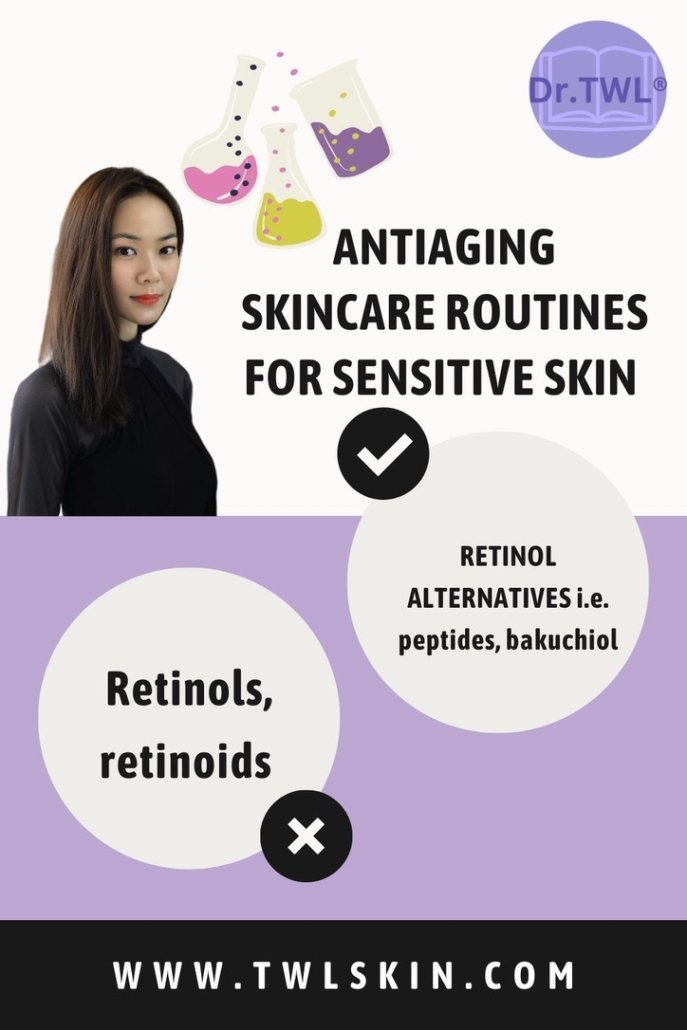
How do retinols, retinoids work and what is their function?
The activity of retinol skincare is actually much weaker than that of retinoids which is what we prescribe in dermatology practice. Retinols are vitamin A derivatives with similar skin regenerating effects in over-the-counter (OTC) skincare products. Retinols and retinoids help to regulate cell turnover to increase radiance and brightness of skin. Skin dullness is a common complaint presenting to dermatologists and comes with ageing. Retinoids in particular also help to stimulate the receptors that produce collagen in the skin. Retinoids help to regulate pigmentation. Retinols are far less effective than retinoids, however the latter are prescription only via dermatologists. Should you consider the use of any vitamin A derived skincare ingredient, know that this is only for topical Vitamin A. Orally-ingested Vitamin A supplements are not proven in the dermatologist community to have any positive benefits on skin.
With any chemical active ingredient in skincare, there are usually side effects. It is important to understand that retinols have the potential to irritate your skin in the same ways prescription retinoids do. Just because it is an over-the-counter medication, people are not as cautious and aware of the irritation side effects. In my dermatologist practice, I see far more individuals who are using over-the-counter retinols developing skin irritation. This is as opposed to those who are actually on prescription retinoids. The latter are closely monitored under the care of a dermatologist who prescribes retinoids. In my practice, we often prescribe retinoids together with a moisturiser as well as a sunscreen which contains oligopeptides.
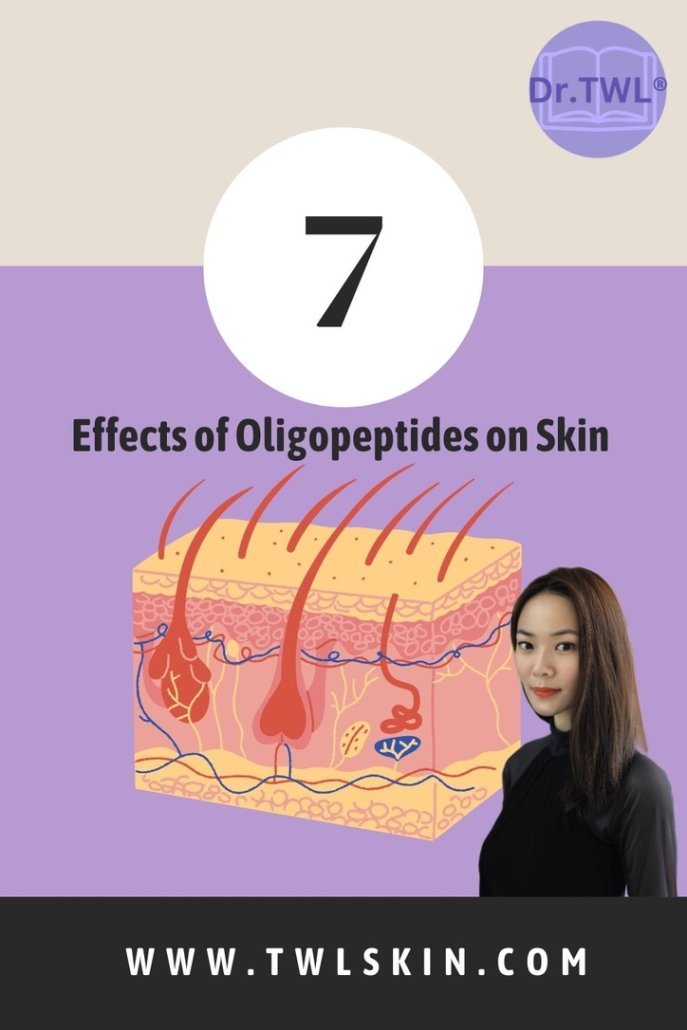
Vitamin A creams like retinoids and retinols cause peeling, flaking, and sensitised skin — should we just tolerate and wait through that before we get results? How about oligopeptides?
This is not a good thing at all or that we should expect it all the time. In fact, to a dermatologist, it is a manifestation of contact dermatitis. Irritant contact dermatitis is the skin reacting to a chemical or active ingredient that comes into contact with it. It can arise from both plant and chemical active ingredients although it is much more likely from chemical compounds. It is not advisable if you develop such reactions to persist using it. If anyone out there tells you otherwise it’s dangerous advice. What it means is that you are likely sensitive to retinols and retinoids. If you have a history of sensitive skin or dermatitis, or a family history of eczema, you should definitely avoid over-the-counter retinols.
A dermatologist would be very cautious if prescribing you a retinoid, and will opt for non-irritating skincare active ingredients instead. An example would be oligopeptides. Peeling, flaking and sensitised skin is never considered normal to dermatologists. Dermatologists would advise the individual to stop usage of the retinol skincare or retinoid immediately. A good practice for all new skincare products is to do a spot patch test. If it has already been recommended to you by a dermatologist, you may not need to do so. However, if you are trying out a skincare product, apply first a test spot over the inside of your arm. Wait for 24 hours. If you have no irritation then you can proceed to apply it over a small area on your face. If you develop a reaction then it is not suitable.

Are there any precautions to take with retinols? What advice can you give for those who do not wish to visit a dermatologist and would like to use an OTC retinol? Do oligopeptides work the same?
If you’re going to apply a retinol skincare in the first place, first ask what it is you are trying to treat. For very specific dermatology concerns, say pigmentation, skin irregularities, acne scars — retinols are not very effective in the first place. In my opinion, if you’re looking for a non-prescription active ingredient, oligopeptides (present in the Dr.TWL Dermaceuticals Radiance Fluide Emulsion) are far more effective and certainly without the side effects. However, if you are dead set on using a retinol, say over a retinoid which has similar side effect profiles but has far greater potency—then apply it with a ceramide based moisturiser (Multi-Ceram Moisturiser). Also, here’s a tip. Do not apply it over sensitive areas on the face such as around the eyes, mouth and definitely not around the nose. These areas have thinner skin and much more prone to skin irritation.
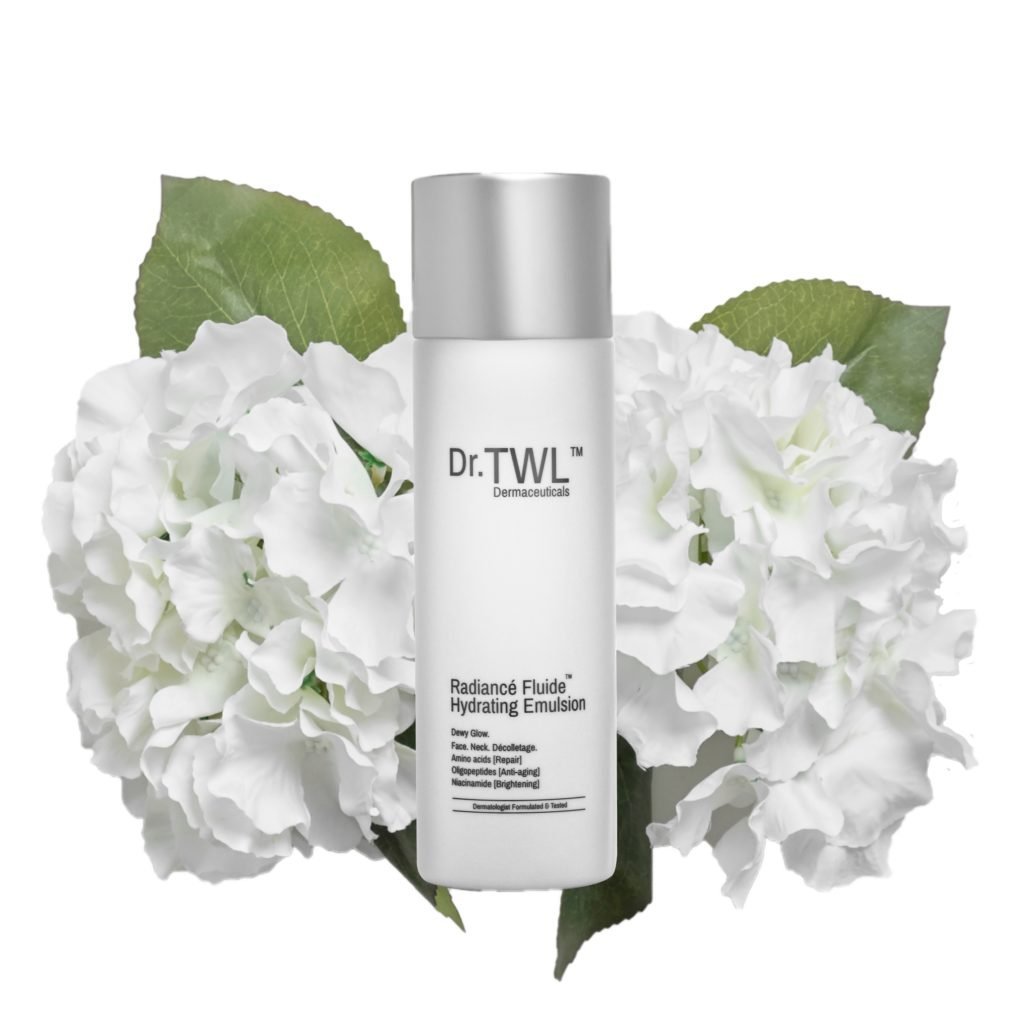
Who would be someone that a dermatologist would prescribe a retinoid to for anti-ageing or scars?
if you are an individual with very very normal, oily or combination skin, you’re very likely to tolerate retinols and retinoids well. If in the course of applying it you develop this and it’s mild and it goes away after applying moisturiser then I think it’s fine to continue that. However if you start developing sensitivity, I would advise really to just stop. If the symptoms go away in 3 days well and good and you really want to restart it, restart it with a moisturiser. However, if the symptoms don’t go away then you need to be treated for contact dermatitis by a dermatologist and usually this involves the application of topical steroids.
People with generally greasy skin but without any significant acne problems who do not want to use prescription medication, I think it’s possible for them to have benefits from using retinol skincare. For combination skin users, focus over the greasier areas and definitely avoid the dry skin areas. If you have a specific skin concern — pigmentation, blemishes, acne, scars then retinols are not going to be very helpful for you at all because their actions are very weak.
How should I start using retinol skincare in my regime?
Retinols are in the category of vitamin A chemical compounds. They cause skin photosensitivity/sun sensitivity so I definitely do not recommend applying in the day. Retinols are less potent than retinoids but it’s better to be overly cautious. Amongst those who visit dermatologists are some patients who use over the counter formulations that combine retinols with other stimulating ingredients such as other alpha hydroxy acids, salicylic acid. That is the recipe for dry sensitive skin. This will not help your skin problem, it will just cause skin irritation. So just nightly if you are using retinol skincare or retinoid.
What are the side effects of using retinol skincare and retinoids in the long-term?
Both can cause cumulative skin sensitivity. It causes a chemical reaction — contact dermatitis. While some people do develop skin “hardening”. That means if you’re sensitive to it at the beginning and subsequently you are able to tolerate it due to repeated exposure. I refer to patients who have very mild sensitivity. If you have peeling, flaking and redness then it’s not a good idea to push through it until you become tolerant – this is likely never to happen.
Where should I not apply retinol skincare or retinoids?
Do not use this product over active inflammed acne cysts (excluding blackheads and whiteheads) and open wounds. Do not apply over active acne because it is pro inflammatory. Instead, apply it over closed comedones, open comedones, blackheads and whiteheads. Scars are suitable if it’s a mature scar, something that’s longer than 6 weeks old and is a flat scar without broken skin, that should be fine.

Why should we shift away from using retinol skincare to Oligopeptides?
I feel that retinol skincare is honestly a very outdated active ingredient. The focus has now shifted towards using non-prescription active ingredients. Dermatologists now consider categories of antioxidant serums which are plant derived and have a minimal side effect profile. Purslane (Portulaca Oleracea), Centella Asiatica and Brassica Oleracea Extracts are what we infuse in our cosmeceutical skincare. These have potent cell regenerative properties. Another star ingredient would be oligopeptides.
Oligopeptides are molecules that behave like prescription retinoids. They are more potent than retinols except that there is zero skin irritation risk and far more potent in minimising pigmentation, healing scars and stimulating collagen. It works by mimicking the skin DNA process of stimulating active collagen formation. These processes slow down when one ages. The goal of any active anti ageing cosmeceutical ingredient is to counteract this. Another question I encounter in my dermatologist practice is — when should I start using anti-ageing skincare? From the time of your mid 20s one starts to age. So this is a good time to start. It’s never too early to start of quality cosmeceutical skincare. Do your brand research and if in doubt, ask your dermatologist.
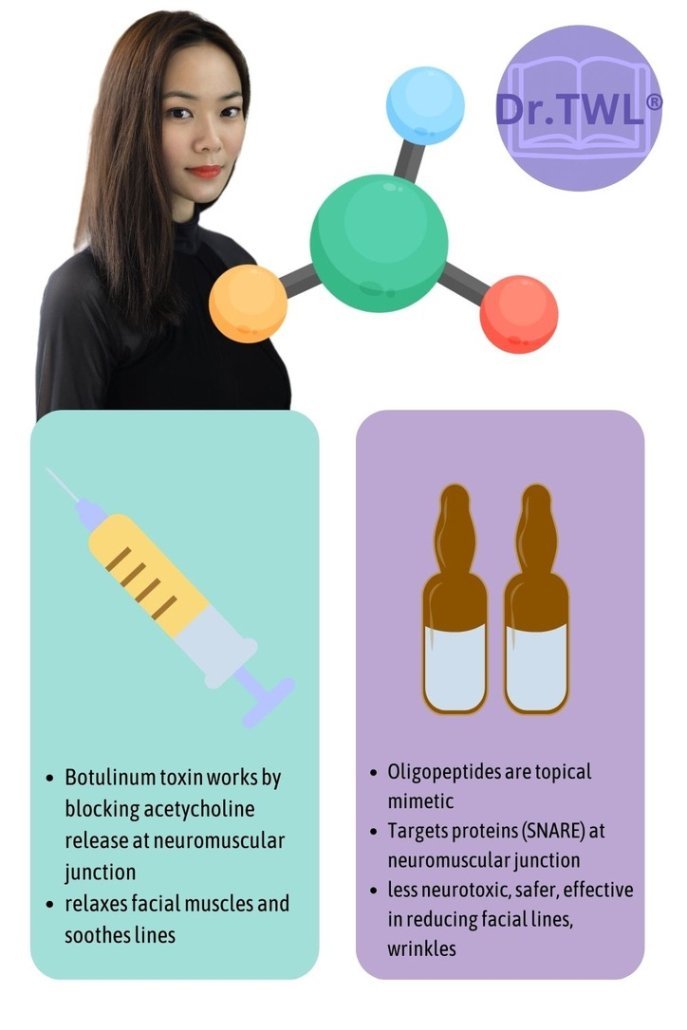

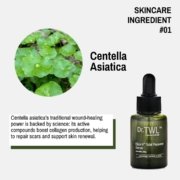







Leave a Reply
Want to join the discussion?Feel free to contribute!